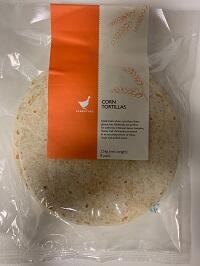Food recalls remove unsafe food from sale to protect consumers. Food can be recalled for a range of reasons, including product contamination, undeclared allergens and labelling errors. When a recall happens, FSANZ works with food businesses and regulators to coordinate the response and inform consumers.

Add block
Australian food recall alerts
This recall is due to the presence of foreign matter (plastic and metal) | Nationally and online
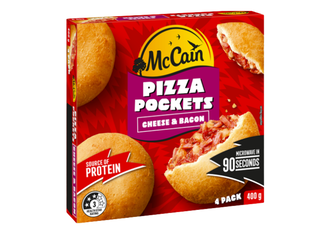
The recall is due to the presence of Biotoxin - Higher than usual levels of naturally occurring hydrocyanic acid | NSW, VIC, QLD, ACT and TAS

This recall is due to the presence of foreign matter (plastic) | NSW and QLD
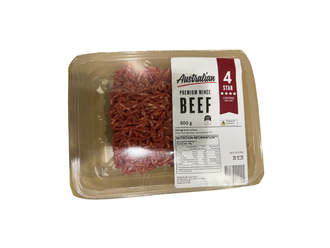
The recall is due to the presence of foreign matter (plastic) | Nationally and online
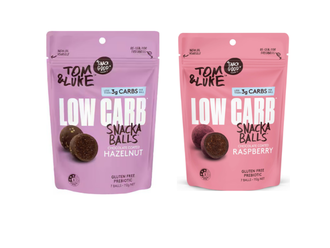
The recall is due to the presence of an undeclared allergen (milk) | NSW, ACT, QLD, VIC, SA and WA
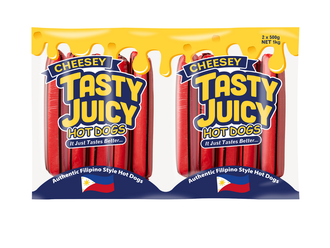
The recall is due to secondary fermentation | WA
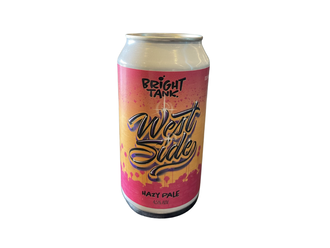
The recall is due to the presence of an undeclared allergen (Peanut) | VIC

The recall is due to the presence of an undeclared allergens (cashew, almond, macadamia and
milk) | NSW, ACT, QLD, VIC, SA, NT, WA

This recall is due to the presence of microbial (E. coli) contamination | SA
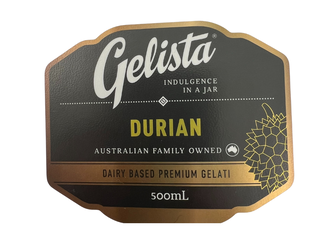
The recall is due to the presence of Microbial (Listeria monocytogenes) contamination | NSW, QLD
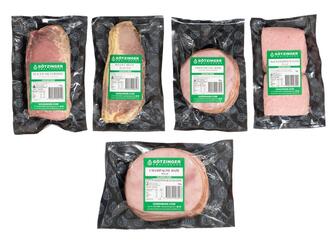
The recall is due to the presence of an undeclared allergen (gluten) | VIC, NSW and ACT
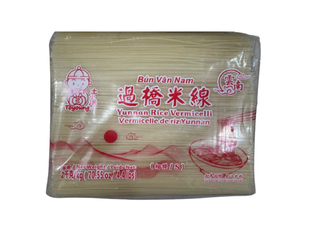
The recall is due to the presence of potential microbial (Salmonella) contamination | VIC
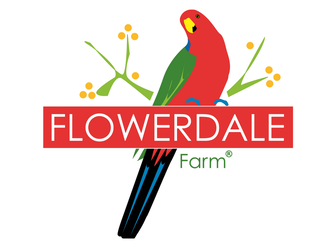
The recall is due to the presence of potential microbial (Salmonella) contamination | NSW, ACT, QLD, VIC, SA, NT

The recall is due to the presence of an undeclared allergen (milk) | NSW, ACT, VIC, SA and Online Nationally
The recall is due to the presence of an undeclared allergen (sesame) | WA
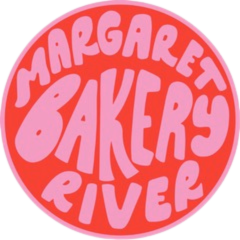
The recall is due to the presence of Secondary Fermentation | NSW, QLD, VIC, WA

The recall is due to an undeclared allergen (gluten) | Nationally and online
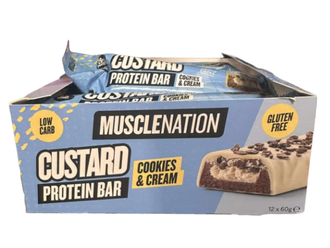
The recall is due to the presence of foreign matter (metal) | National
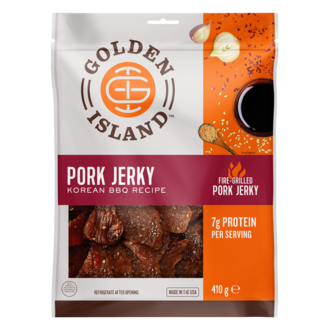
The presence of undeclared allergens (almond, walnut) | NSW
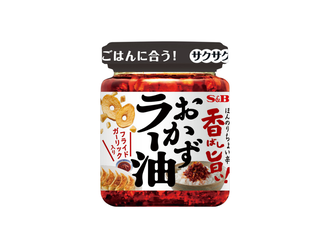
This recall is due to the presence of foreign matter (glass) | National

The recall is due to the presence of an undeclared allergen (egg) | Nationally and online
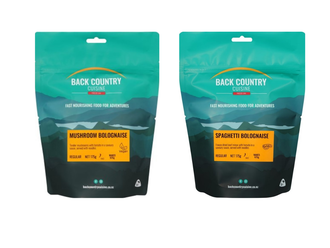
The recall is due to the presence of undeclared allergens (wheat and nut) | NSW, QLD, VIC, SA, and WA
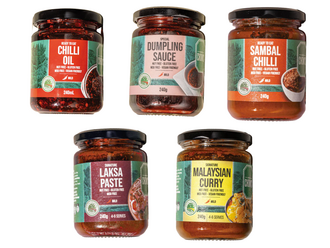
The recall is due to Labelling (Incorrect Gluten Free Claim) | VIC, TAS
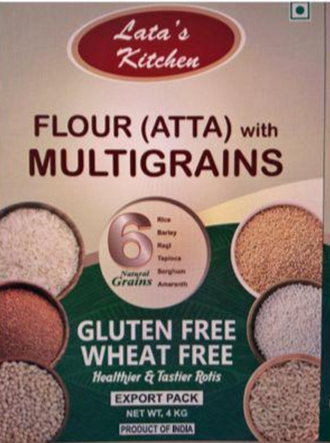
The recall is due to the presence of foreign matter (plastic) | NSW, ACT, VIC, SA, QLD, NT and TAS
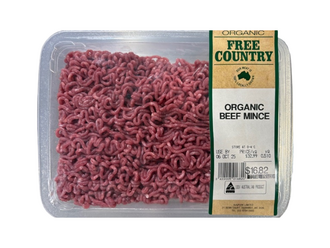
The recall is due to the presence of foreign matter (metal) | NSW, ACT, VIC, QLD, SA and WA
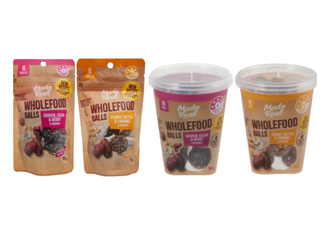
The recall is due to the presence of foreign matter (metal) | National

The recall is due to the presence of microbial (Listeria monocytogenes) contamination | WA
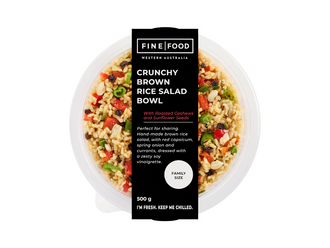
The recall is due to the presence of foreign matter (glass) | NSW, ACT, VIC, QLD, SA and WA
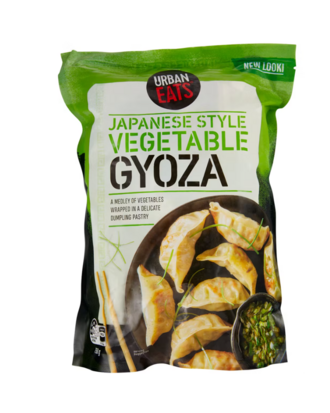
This recall is due to the presence of an undeclared allergen (peanuts) | NSW and VIC
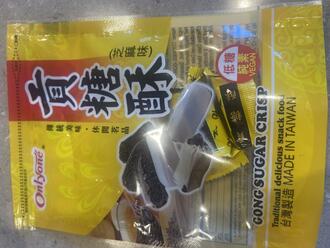
The recall is due to the presence of Microbial (Listeria monocytogenes) contamination | WA
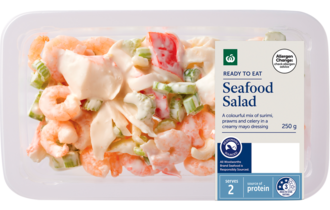
The recall is due to the presence of an undeclared allergen (soy) | NSW, ACT, VIC, SA and QLD
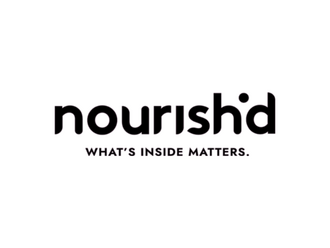
The recall is due to chemical (sodium nitrite) contamination | VIC
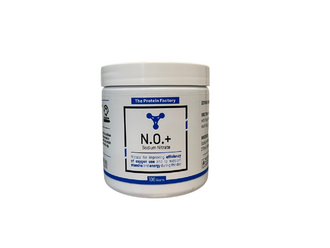
The recall is due to the presence of an undeclared allergen (gluten) | NSW, ACT, VIC, QLD, SA and WA
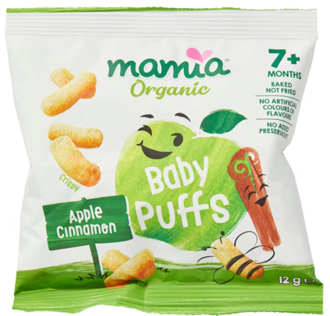
The recall is due to the presence of an undeclared allergen (milk) | Nationally and online
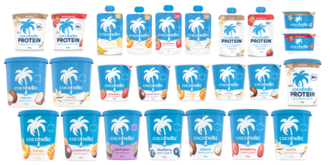
This recall is due to the presence of an undeclared allergen (egg) | WA
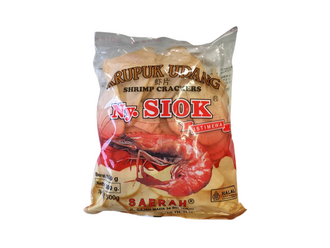
The recall is due to potential microbial contamination (Listeria monocytogenes) | Nationally and online

The recall is due to potential microbial contamination (Listeria monocytogenes) | NSW, ACT, VIC, QLD, SA, WA

The recall is due to potential microbial contamination (Listeria monocytogenes) | NSW, ACT, VIC, SA, WA

The recall is due to potential microbial contamination (Listeria monocytogenes) | VIC
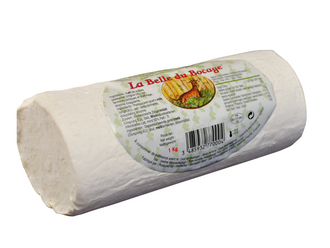
This recall is due to the presence of foreign matter (plastic) | National

This recall is due to the presence of potential microbial contamination (Salmonella) | NSW
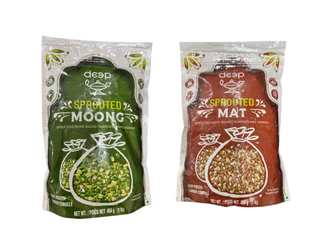
This recall is due to the presence of potential microbial contamination (Salmonella) | VIC

The recall is due to the presence of foreign matter (glass) | NSW, ACT, VIC, QLD, SA and WA
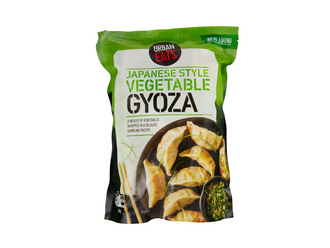
The recall is due to the presence of an undeclared allergen(s) (Wheat, Soy, Peanut Milk, Crustacean and Mollusc) | WA

The recall is due to the presence of an undeclared allergen (milk) | National

This recall is due to the presence of foreign matter (metal) | VIC

This recall is due to the presence of a labelling error (incorrect best before date) | QLD
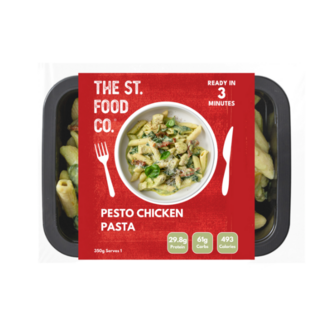
This recall is due to the presence of biotoxin (aflatoxin) contamination | National
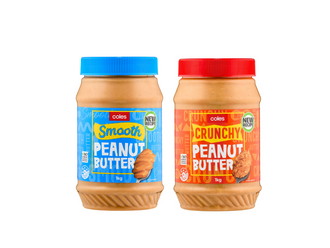
This recall is due to the presence of undeclared allergens (pistachio, milk, sesame seed, wheat) | QLD

The recall is due to the presence of an undeclared allergen (egg) | NSW, VIC, SA, NT
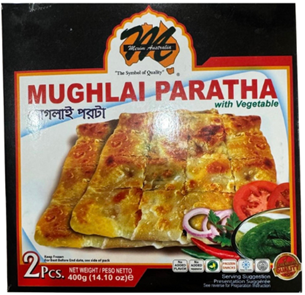
The recall is due to the presence of foreign object (black rubber pieces) | NSW, ACT, QLD, VIC, SA, WA

The recall is due to the presence of an undeclared allergen (soy) | VIC

This recall is due to the presence of Microbial contamination (Listeria monocytogenes) | WA
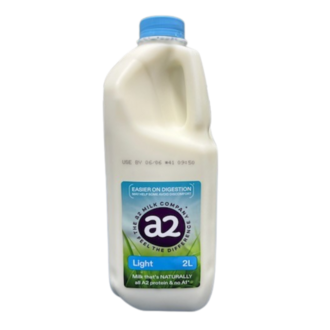
This recall is due a packaging fault resulting in microbial contamination (mould). | NSW, VIC, WA

This recall is due to microbial (E. coli) contamination | WA
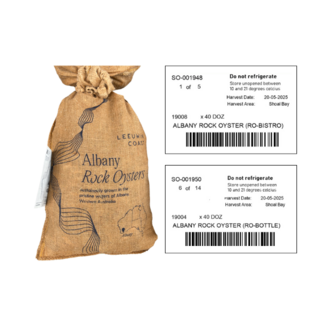
This recall is due to incorrect feeding instructions | NSW, ACT, QLD, VIC, SA, NT and WA, and Online nationally
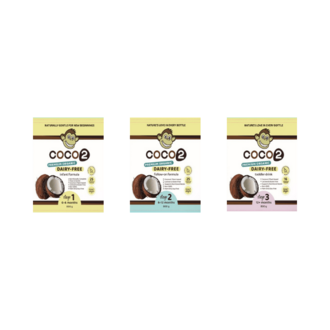
The recall is due to microbial (Listeria monocytogenes) contamination | WA
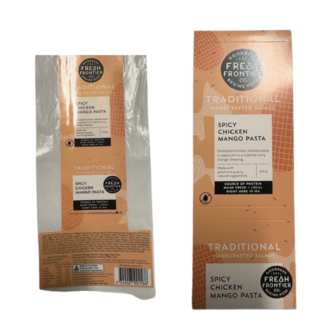
The recall is due to the presence of undeclared allergens (gluten, wheat) | SA
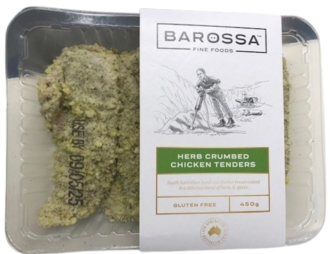
The recall is due to the presence of an undeclared allergen (peanut) | NSW, ACT, TAS

The recall is due to the presence of foreign matter (glass) | NSW, VIC, ACT, QLD, SA, WA
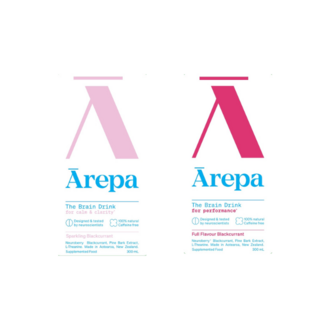
The recall is due to the presence of an undeclared allergen (milk) | NSW, VIC, WA, QLD

The recall is due to the presence of a chemical on the outer packaging, producing an unpleasant odour I WA
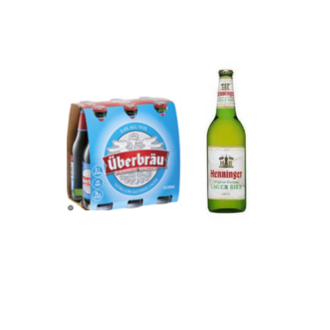
This recall is due to the presence of an undeclared allergen (pistachio) | NSW

The recall is due to the presence of foreign matter (glass) | National
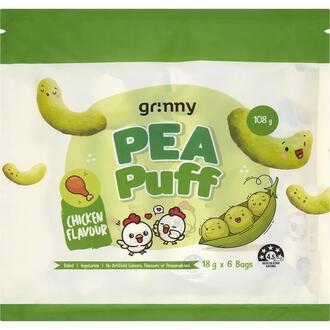
The recall is due potential microbial (STEC) contamination | QLD, NSW, ACT, VIC, SA, NT and TAS

The recall is due to potential microbial (E. coli -STEC) contamination | NSW, ACT, QLD, VIC, SA, NT and TAS
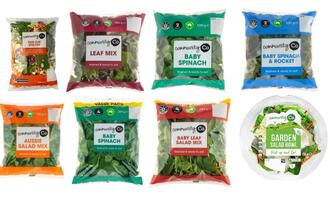
The recall is due to potential microbial (E. coli -STEC) contamination | QLD, NSW
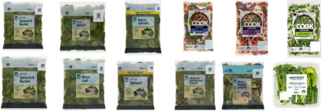
This recall is due to microbial (STEC) contamination | QLD, NSW
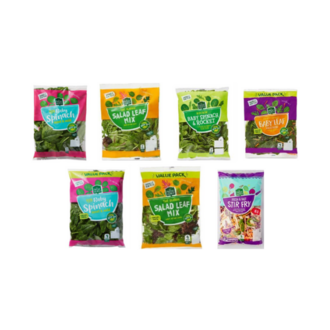
This recall is due to the presence of an undeclared allergen (cashew) | NSW, VIC, TAS, SA, NT

This recall is due to the presence of undeclared allergen(s) (peanut and crustacean) | National
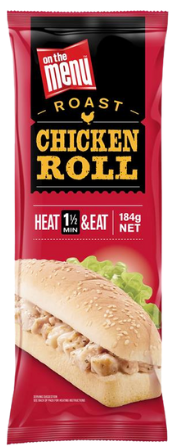
This recall is due to the presence of an undeclared allergen(s) (gluten) I QLD, SA, WA

This recall is due to an undeclared allergen (milk) | VIC

This recall is due to the presence of an undeclared allergen(s) (peanuts) | Online nationally

This recall is due to unintended fermentation | National

This recall is due to the presence of an undeclared allergen (egg) | National
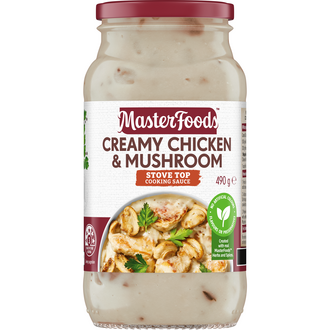
This recall us due to the presence of foreign matter (glass) | SA
![Foodland Promotions - The Little Doug Co. Mini Fruit Hot Cross Buns x9 - Recall Notice PDF [165]kb](/sites/default/files/styles/small_image_size/public/2025-02/Picture1.png?itok=cfGmnHic)
This recall is due to the presence of undeclared allergens (soy, sulphites and cashew) | VIC
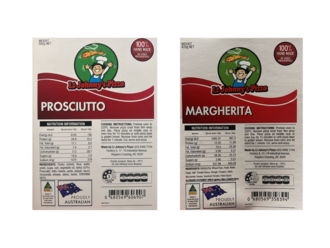
Product is being recalled due to concerns of plastic contamination | NSW, QLD, VIC, WA

This recall is due to the presence of an undeclared allergens (Milk and Egg) | VIC, WA
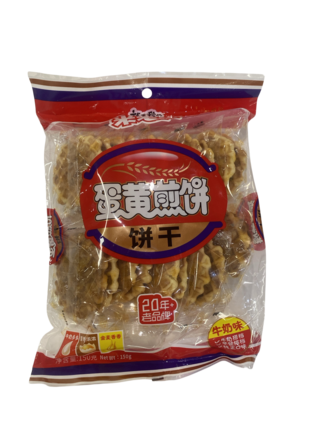
This recall is due to the presence of an undeclared allergen (egg) | QLD
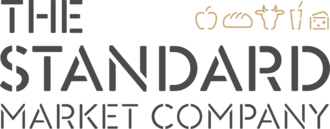
The recall is due to the presence of an undeclared allergen (sesame) | VIC
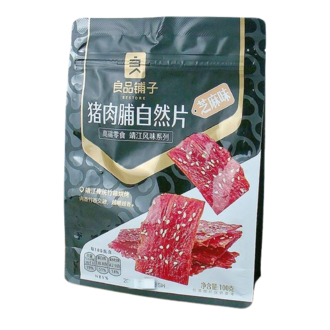
The recall is due to the presence of an undeclared allergen (Cashew) | NSW, ACT, VIC, QLD, SA and WA.
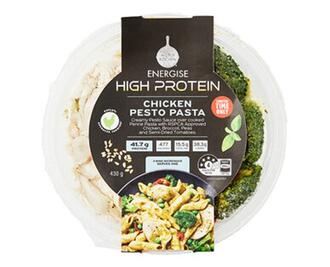
The recall is due to the presence of undeclared allergens (Milk or Egg) | QLD

The recall is due to the presence of an undeclared allergen(s) (milk) | VIC

The recall is due to the presence of an undeclared allergens (milk, egg) | VIC
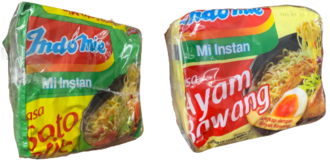
The product contains undeclared allergens (prawn, fish, milk and egg). | VIC
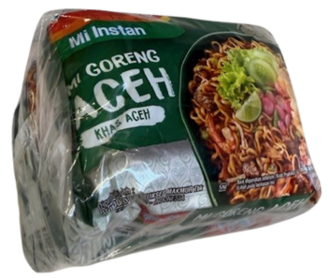
The product contains undeclared allergens (prawn, fish, milk and egg). | VIC

Products contains undeclared allergen (gluten) I National
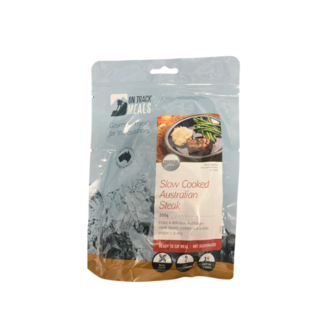
KOREA CONNECTIONS PTY LTD is conducting a recall of the above product due to the presence of an undeclared allergen (fish) | WA
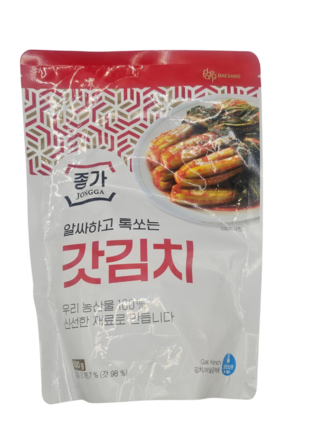
The recall is due to the presence of an undeclared allergen (Egg) | NSW, WA
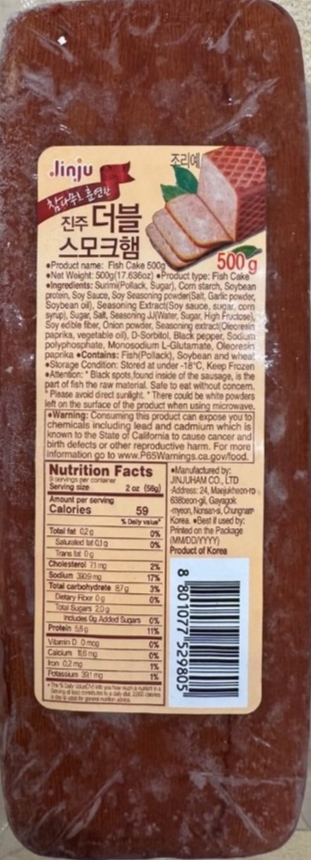
The recall is due to the presence of undeclared allergen (sesame) | QLD
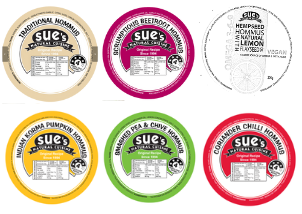
The recall is due to the presence of an undeclared allergen (egg) | QLD
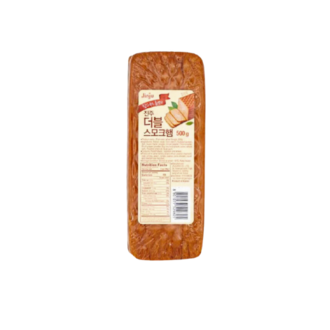
The recall is due to Microbial (Salmonella) contamination | NSW
![Tropical Brazil Pty Ltd - Acai with Guarana [149kb].png](/sites/default/files/styles/small_image_size/public/2024-11/Copy%20of%20Recall%20NoticeWebsite%20template%20_0.png?itok=O9CBqOCK)
The recall is due to the presence of an undeclared allergen (Sesame Seed) | VIC

The recall is due to the presence of undeclared allergens (gluten, soy, sulphites & wheat) | WA
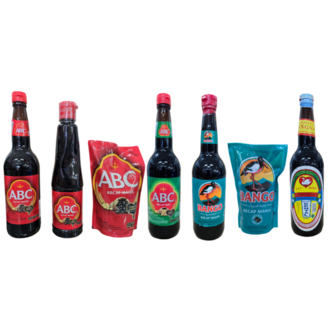
The recall is due to the presence of undeclared allergens (wheat, gluten) | NSW, ACT, QLD, VIC, SA, WA

Update 28/11/2024: This recall has been cancelled based on advice from YY INT'L TRADING PTY LTD in consultation with New South Wales Department of Primary Industry and Regional Development (NSW DPIRD).
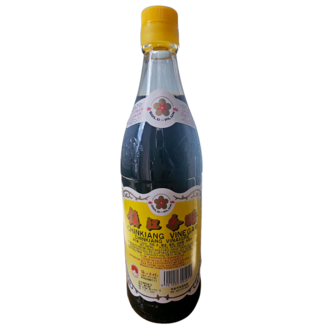
The recall is due to the presence of an undeclared allergen (cashew) | SA, WA

The recall is due to the potential presence of foreign matter (plastic) | NATIONAL

The recall is due to the presence of undeclared allergens (gluten, egg, milk) | NSW, ACT, QLD, VIC, SA

The recall is due to the presence of an undeclared allergen (milk) | VIC
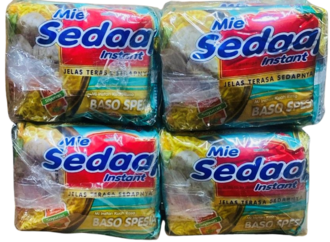
The recall is due to the presence of an undeclared allergen (milk) | NSW, ACT, QLD, VIC, SA, WA

The recall is due to the presence of an undeclared allergen (milk) | SA, WA
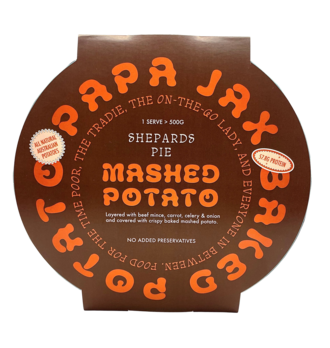
The recall is due to the presence of an undeclared allergen (soy) | WA
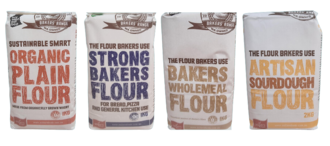
The recall is due to the presence of an undeclared allergen (gluten) | VIC
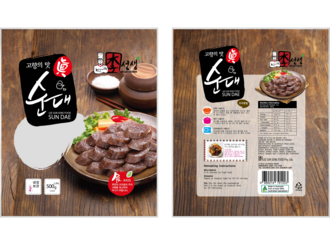
The recall is due to chemical (metals) contamination | QLD
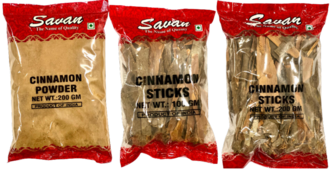
The recall is due to presence of an undeclared allergen (sesame) | National

The recall is due to the presence of an undeclared allergen (soy) | NSW, QLD, VIC, TAS, SA
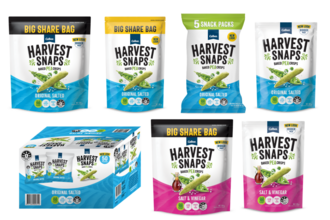
This recall is due to microbial (Listeria monocytogenes) contamination | NSW, VIC
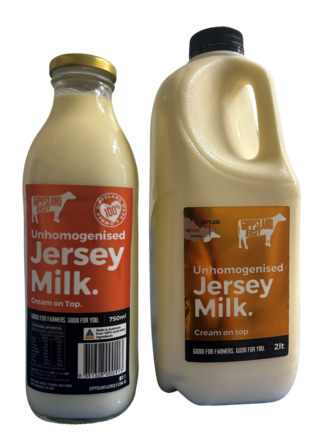
This recall is due to microbial (Listeria monocytogenes) contamination | NSW, ACT, and QLD
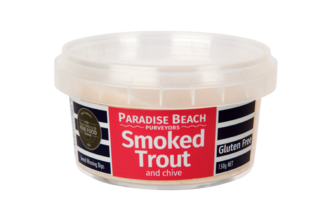
The recall is due to potential chemical (ethylene oxide) contamination | NSW, ACT, QLD, VIC, SA
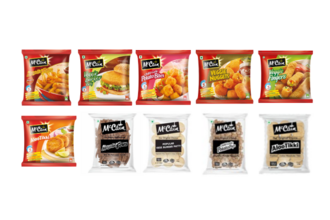
The recall is due to the presence of undeclared allergen (soy, gluten, dairy) | VIC
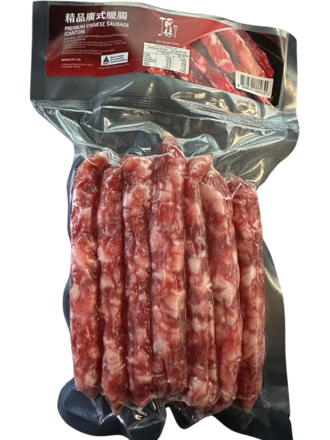
The recall is due to Labelling (Incorrect Allergen Warning statement) | WA
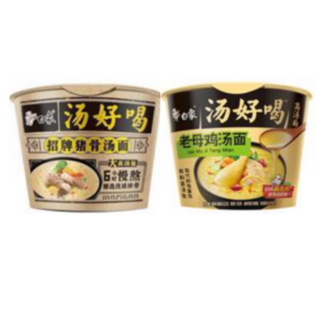
The recall is due to the presence of an undeclared allergen (peanut) | NSW, ACT, VIC, QLD, SA, WA
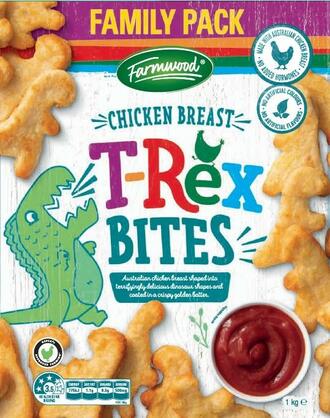
The recall is due to the presence of an undeclared allergen (sulphites) | NSW, QLD, VIC, SA, WA

The recall is due to the presence of an undeclared allergen (Pistachio) | VIC, NSW, ACT, TAS, QLD
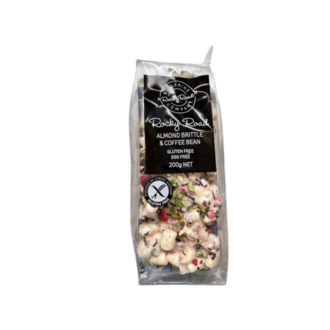
The recall is due to contamination of the food product with Salmonella │ VIC, SA, WA

The recall is due to the potential presence of foreign biological matter | NSW, QLD
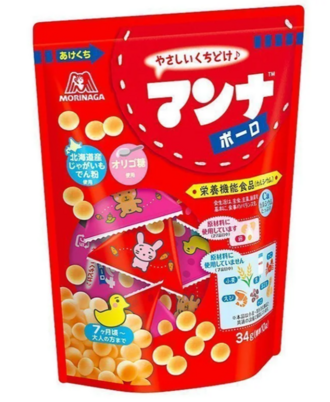
The recall is due to the potential presence of foreign biological matter | NSW, VIC, QLD, WA
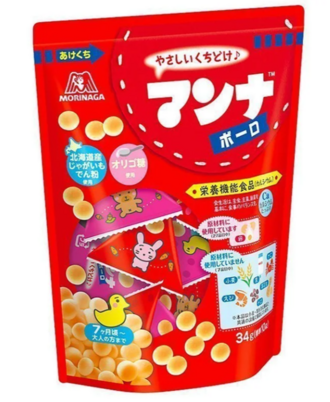
This recall is due to microbial (Salmonella) contamination | nationwide

The recall is due to presence of undeclared allergen (gluten) | WA

The recall is due to the presence of unapproved novel food ingredients (lions mane, cordyceps) | nationwide
![Oz Brands Pty Ltd - Uncle Frog's Mushroom Gummies Cordyceps 36 grams and Uncle Frog's Mushroom Gummies Lions Mane 36 gram [88kB].pdf](/sites/default/files/styles/small_image_size/public/2024-06/photos_1.png?itok=NKaKV4Nz)
The recall is due to the presence of an undeclared allergens (milk, almond, peanut) | nationwide
![Elixinol Wellness (Byron Bay) Pty Ltd - Mt Elephant Banana Oat Wholefood Cookie Mix 375g and Mt Elephant Choc Chunk Wholefood Brownie Mix 350g [382Kb].pdf](/sites/default/files/styles/small_image_size/public/2024-06/elixinol%20wellness%20photos_0.png?itok=9a3Wq_oi)
The recall is due to the presence of an undeclared allergens (Gluten, Wheat, Dairy, Eggs, Fish, Sulphites, and/or Sesame) | ACT
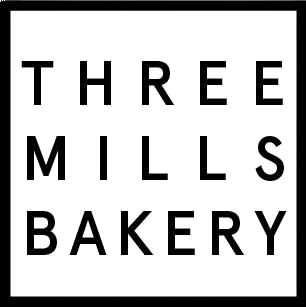
The recall is due to the presence of foreign matter (metal) | nationwide
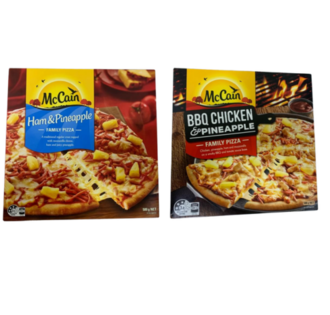
The recall is due to the presence of an undeclared allergen (gluten) | QLD, SA, NT, WA

The recall is due to the presence of an undeclared allergen (gluten) | NATIONAL

The recall is due to the presence of an undeclared allergen (gluten) | NSW, QLD, VIC

The recall is due to the presence of an undeclared allergen (gluten) | VIC

The recall is due to the presence of an undeclared allergen (cashew) | nationwide
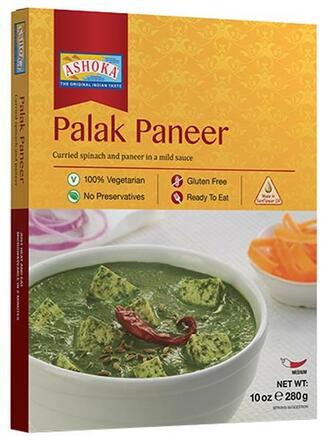
The recall is due to the presence of an undeclared allergen (milk). |NSW, QLD, VIC, SA, NT, TAS
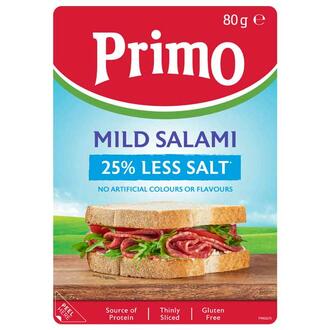
The recall is due to secondary fermentation | QLD

The recall is due to chemical (ethylene oxide) contamination | QLD, VIC, SA, NT

The recall is due to Labelling (Incorrect Gluten Free Claim) | nationwide
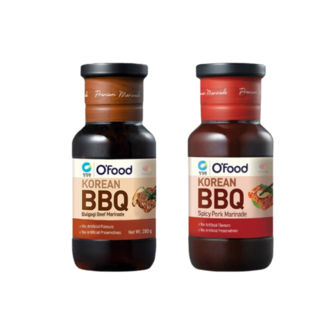
The recall is due to the presence of foreign matter (glass) | NSW, VIC, SA

The recall is due to the presence of foreign matter (metal) | NSW, QLD, VIC
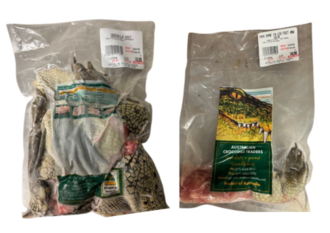
The recall is due to biotoxin (Gymnodinium catenatum) contamination | VIC

The recall is due to the presence of an undeclared allergen (Milk) | NSW
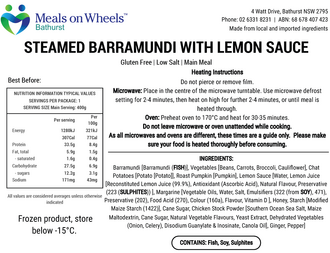
The recall is due to unintended secondary fermentation and the presence of alcohol and increased carbonation which may result in increased breakage and popping caps | nationwide

The recall is due to the presence of an undeclared allergen (milk) | nationwide
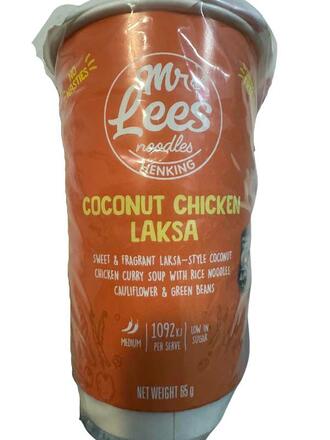
The recall is due to the presence of foreign matter (plastic) | nationwide

The recall is due to the presence of foreign matter (rubber) | nationwide
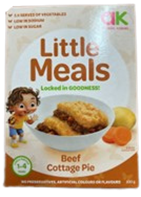
The recall is due to the presence of an undeclared allergen (milk) | nationwide

The recall is due to potential chemical contamination (styrene) | nationwide
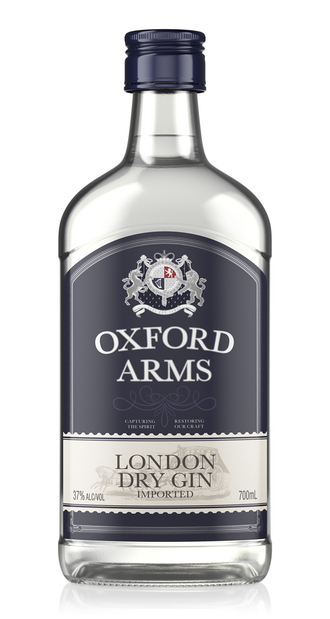
The recall is due to undeclared allergens (cashew and egg) | VIC
![Bellarine Brownie Company- Brownie Belgian Chocolate Vegan 86g [56kb] pdf](/sites/default/files/styles/small_image_size/public/2024-04/67a4a999-432e-4c96-ad04-ed0fa102a3e9.png?itok=RH751bfE)
The recall is due to the presence of an undeclared allergen (milk) NSW, Qld, Tas, SA, WA, Vic, NT, ACT

The recall is due to error on packaging, oven cooking instructions are not compatible with product tray | nationwide
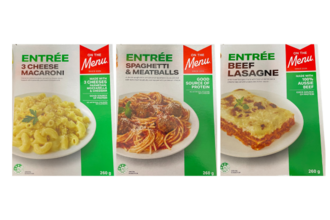
The recall is due to the presence of an undeclared allergen (peanut) | NSW

The recall is due to the potential presence of an undeclared allergen (Egg) | QLD, NSW, ACT
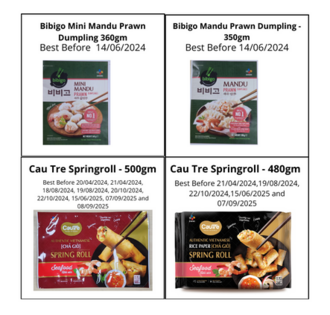
The recall is due to the presence of an undeclared allergen (Egg) | nationwide
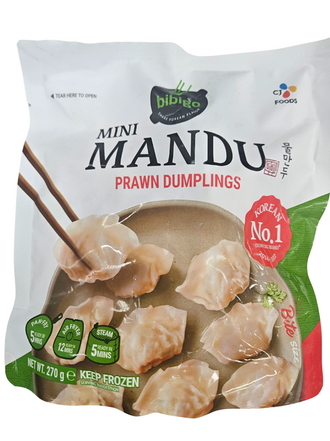
The recall is due to microbial (Salmonella) contamination | nationwide
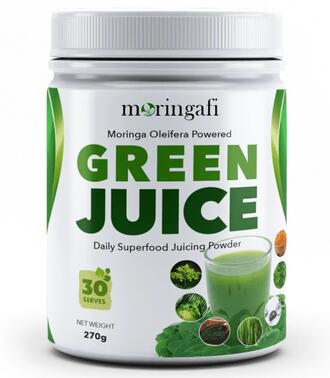
The recall is due to the presence of foreign matter (plastic) | nationwide
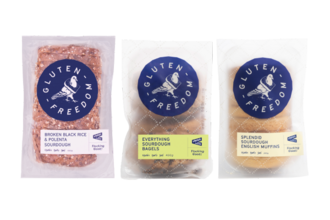
The recall is due to mislabelling of an undeclared allergen (Gluten)| NSW, ACT, QLD, VIC, SA, WA

The recall is due to the presence of an undeclared allergen (milk) | VIC
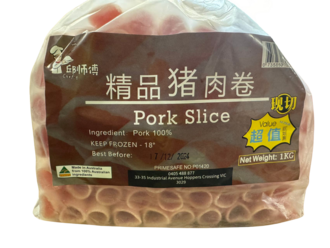
The recall is due to presence of an undeclared allergen (Milk) | nationwide

The recall is due to the presence of foreign matter (Glass) | nationwide

The recall is due to the presence of an undeclared allergen (milk) | NSW, ACT, VIC, TAS, SA, WA, QLD

The recall is due to unintended fermentation resulting in the presence of alcohol | NSW, QLD, VIC, SA, WA
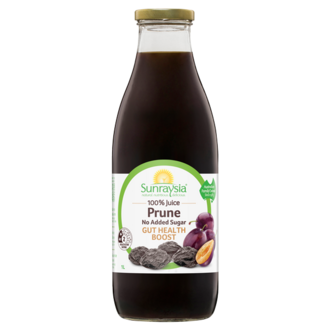
The recall is due to Mould growth found in the 15ml rosewater bottle. | nationwide

The recall is due to presence of foreign matter (glass/metal) | WA
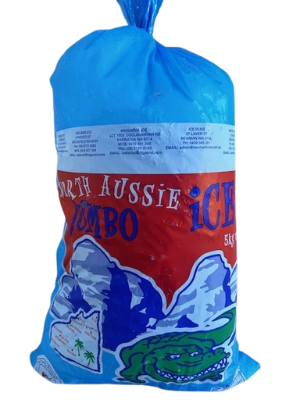
The recall is due to the potential presence of foreign matter (metal) | NSW

This recall is due to an undeclared allergen (milk) | NATIONAL
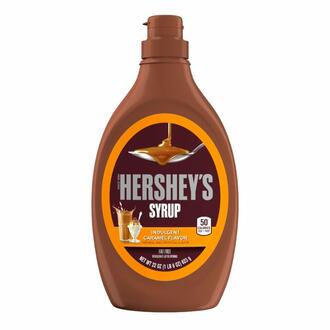
The recall is due to microbial (Salmonella) contamination | WA

The recall is due to non compliant labelling as the product states dairy free on the lid, however milk is included in the ingredients list and product | NSW, QLD, TAS, SA, WA, VIC
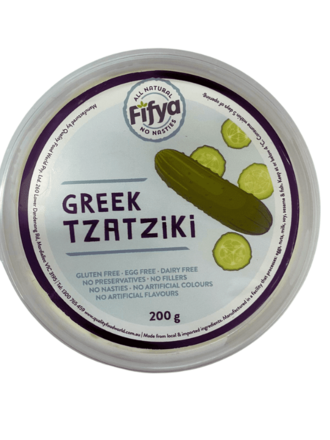
The recall is due to some taco kits containing an incorrect sachet, which contains an undeclared allergen (milk) | nationwide
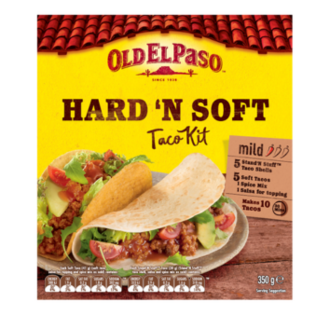
The recall is due to microbial (Yersinia enterocolitica) contamination | SA
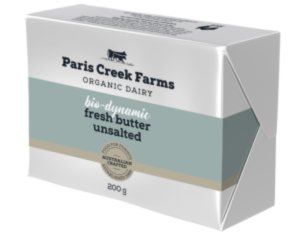
The recall is due to the presence of undeclared allergens (milk, soy) | TAS
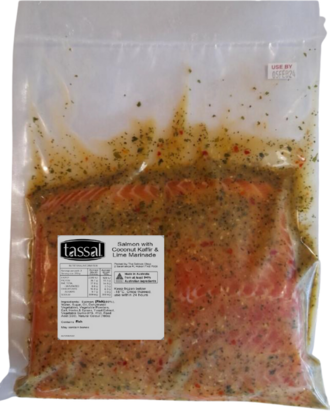
The recall is due to the presence of an undeclared allergen (treenut-walnut) | VIC.
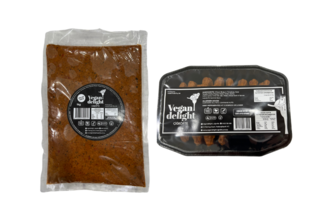
The recall is due to incorrect Use by date. The product was incorrectly labelled with a Use By date of 30 November 2023, instead of 10 November 2023 | ACT, NSW.
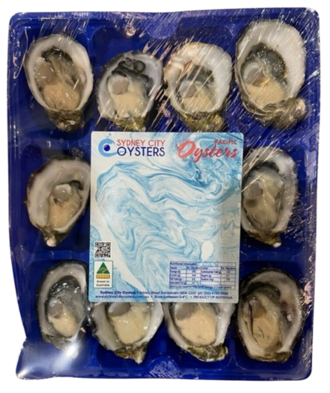
The recall is due to microbial (E. coli) contamination | VIC, NSW.
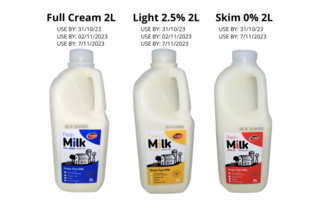
The recall is due to presence of a prohibited botanical (Betel nut). | NSW, VIC
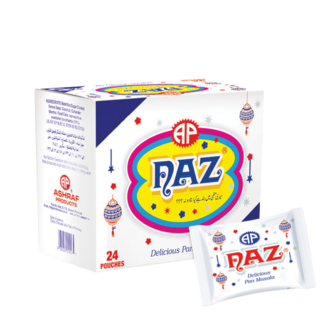
The recall is due to microbial (Aureobasidium melanogenum) contamination | nationwide

The recall is due to potential microbial (Listeria monocytogenes) contamination | nationwide

The recall is due to unintended fermentation in bottle causing over pressurising and failure of the cap seal | nationwide

The recall is due to a potential dairy (milk) allergen contamination | NSW, SA

The recall is due to the presence of an undeclared allergen (milk) | nationwide
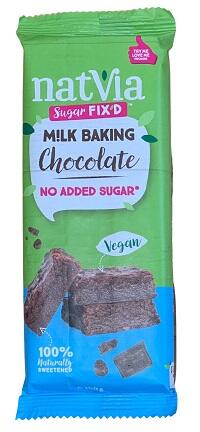
The recall is due to the presence of undeclared allergens (egg, almond, soy) | NSW, VIC

The recall is due to the presence of an undeclared allergen (gluten) | nationwide
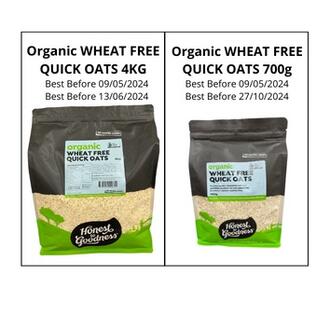
The recall is due to the presence of an undeclared allergen (Lupin) | nationwide

The recall is due to microbial (Salmonella) contamination | NSW
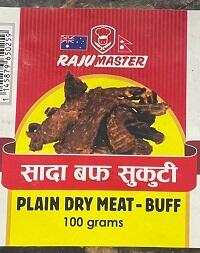
The recall is due to the presence of an undeclared allergen (gluten) | NSW, ACT, VIC, WA
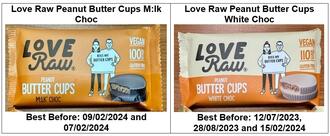
The recall is due to the presence of an undeclared allergen (soy) | NSW, ACT, VIC, TAS, SA, WA, QLD

The recall is due to the presence of an undeclared allergen (wheat/gluten) | NSW, QLD, VIC, TAS, SA, WA
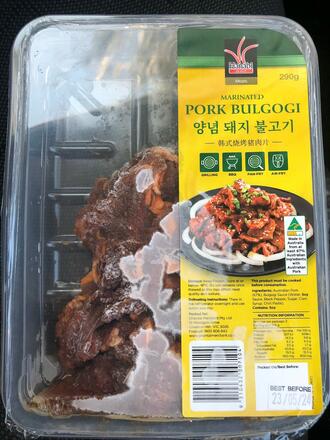
The recall is due to the presence of an undeclared allergens (sulphites) | nationwide

The recall is due to potential microbial (E. Coli) contamination | NSW, VIC
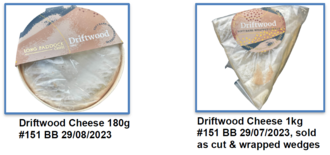
The recall is due to undeclared allergen (sesame, tree nut (almond), peanut) | QLD, NSW
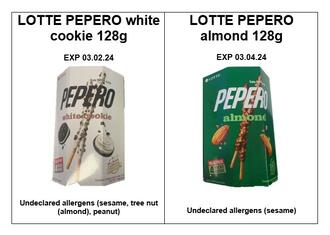
The recall is due to undeclared allergen (sesame, tree nut (almond), peanut) | QLD
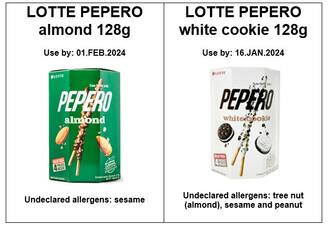
The recall is due to the presence of undeclared allergens (sesame, tree nut (almond), peanut) | QLD, VIC, WA
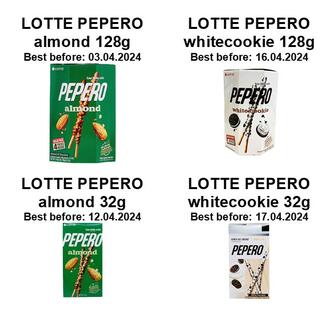
The recall is due to the presence of undeclared allergens (tree nut (cashew)) | VIC

The recall is due to the presence of undeclared allergens (sesame, tree nut (almond), peanut) | NSW, VIC

The recall is due to the presence of undeclared allergen (sesame, tree nut (almond), peanut) | WA
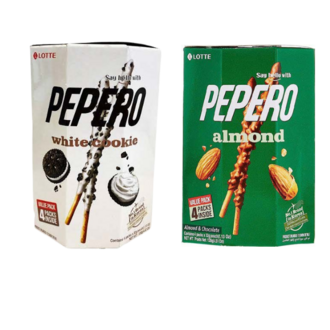
The recall is due to the presence of undeclared allergens (milk and tree nut (cashew)) | VIC

The recall is due to the presence of undeclared allergens (sesame, tree nut (almond), peanut) | NSW
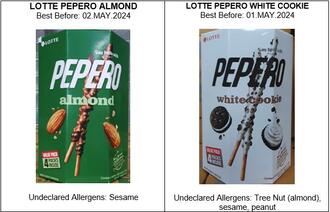
The recall is due to the potential presence of chemical (thebaine) contamination | VIC, NSW, QLD, SA
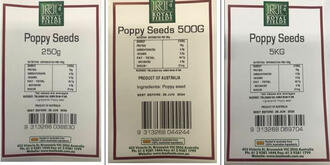
The recall is due to the presence of an undeclared allergen (Gluten). WA
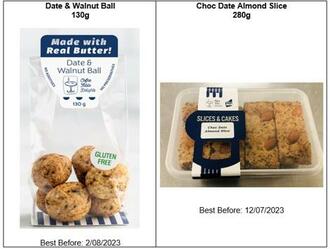
The recall is due to incorrect packaging (non-English labelling) which has resulted in the allergens (contains: milk, hazelnuts, almonds and soy, may contain wheat) not being listed. | nationwide

The recall is due to an an incorrect use by/best before date resulting in an increased Listeria monocytogenes risk | VIC

The recall is due to an incorrect Use By date resulting in an increased Listeria monocytogenes risk | VIC

The recall is due to potential contamination with E. coli | nationwide
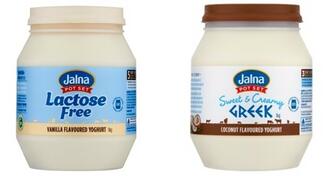
The recall is due to the presence of an undeclared allergen (gluten) | VIC
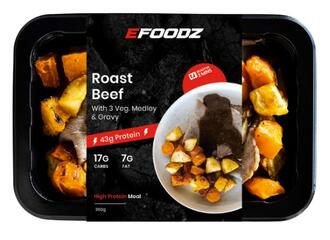
The recall is due to Listeria monocytogenes contamination | VIC, QLD, NSW, WA, SA
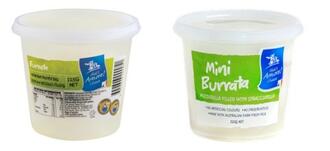
The recall is due to the presence of an undeclared allergen (gluten) | WA

The recall is due to the presence of an undeclared allergen (tree nut - Cashew) | NSW, QLD
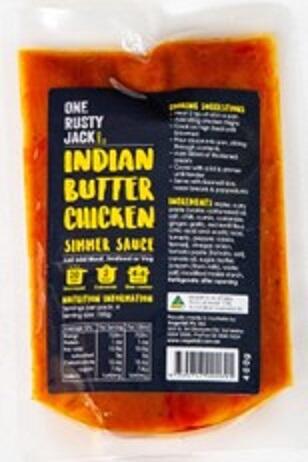
The recall is due to an incorrect Use By date resulting in an increased Listeria monocytogenes risk | NSW, ACT, QLD, SA
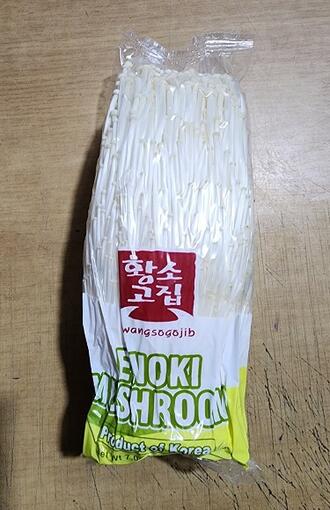
The recall is due to contamination of Listeria monocytogenes and no instructions to cook the product prior to consumption | SA

The recall is due to elevated histamine levels | nationwide
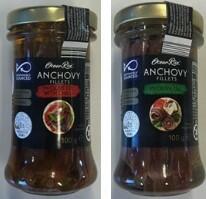
The recall is due to presence of foreign matter (metal) | QLD
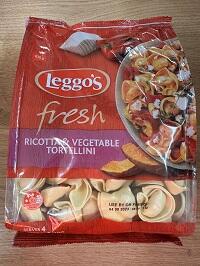
The recall is due to the presence of an undeclared an allergen (milk) | Nationwide

The recall is due to presence of foreign matter (Metal) | VIC, NSW, QLD, ACT

The recall is due to the presence of an undeclared allergen (milk) | WA
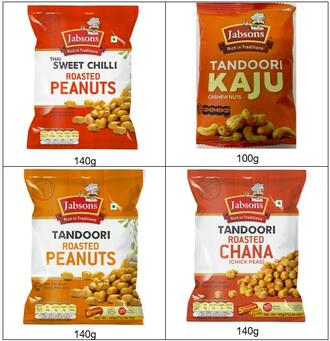
The recall is due to secondary fermentation | nationwide
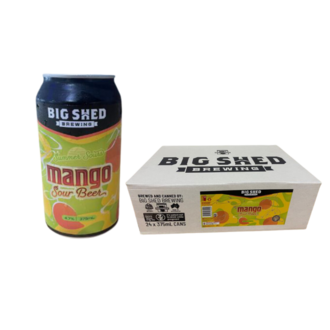
The recall is due to the potential presence of foreign matter (plastic pieces) | NSW, ACT, QLD, VIC
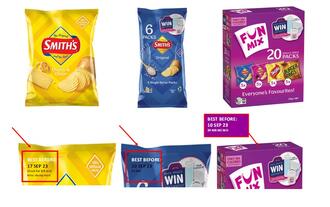
The recall is due to the presence of an undeclared allergen (soy) | VIC
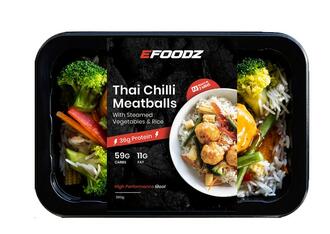
The recall is due to secondary fermentation | QLD
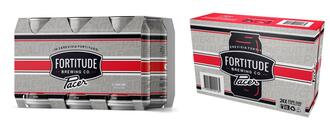
The recall is due to the contamination of Listeria monocytogenes | WA

The recall is due to the presence of an undeclared allergen (sesame) | VIC
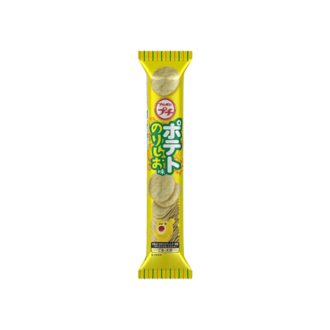
The recall is due to a potential packaging failure leading to a possible contamination risk | Nationwide
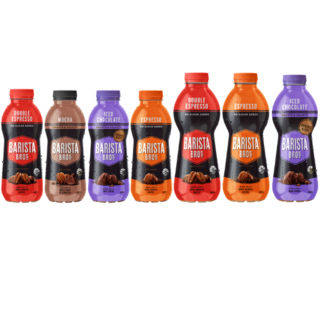
The recall is due to the presence of an undeclared allergen (Milk) | NSW, SA
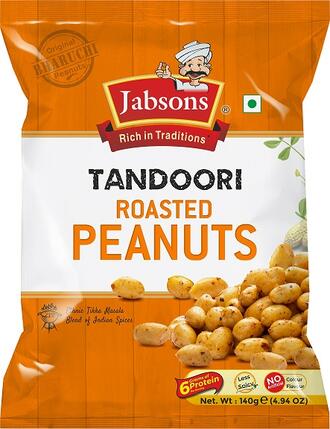
The recall is due to the presence of an undeclared allergen (milk) | QLD, NSW

The recall is due to Incorrect labelling resulting in missing ingredient (chickpea) and undeclared allergens (sesame and crustacea [shrimp]) | VIC

The recall is due to contamination by the bacterium Listeria monocytogenes | QLD, NSW
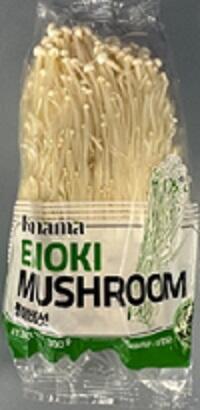
The recall is due to the presence of foreign matter (metal) | NSW
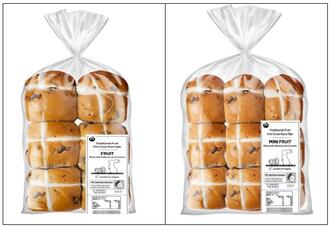
The recall is due to the presence of an undeclared allergen (gluten) | SA, VIC, NSW, WA
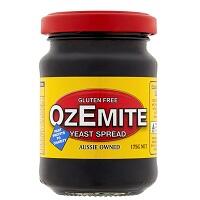
The recall is due to potential microbial contamination | SA, VIC, NSW, NT
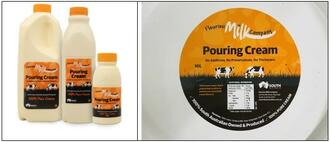
The recall is due to the presence of undeclared allergens (milk and egg) | NSW, ACT, QLD, VIC, TAS, SA
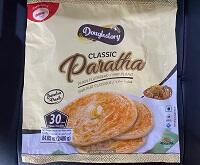
The recall is due to the presence of an undeclared allergen (milk) | NSW, QLD, VIC, SA, WA, NT
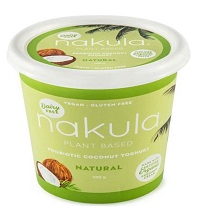
The recall is due to potential microbial (Salmonella) contamination | Nationwide
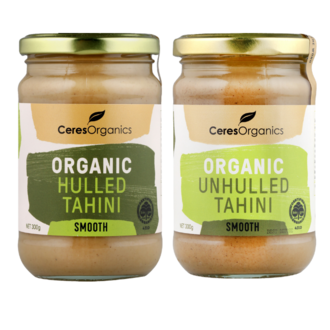
The recall is due to the presence of an undeclared allergen (Peanut) | VIC

The recall is due to microbial (Listeria monocytogenes) contamination | QLD, NSW
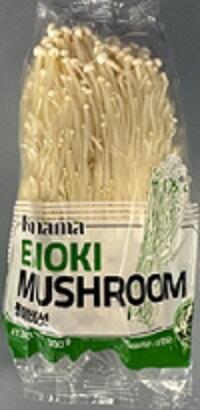
The recall is due to the presence of an undeclared allergen (Milk) | nationwide
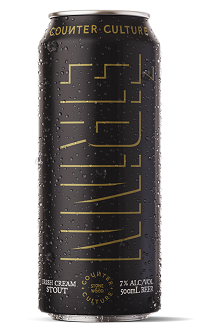
The recall is due to secondary fermentation | National
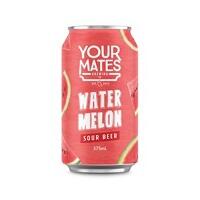
The recall is due to microbial (Salmonella) contamination | WA
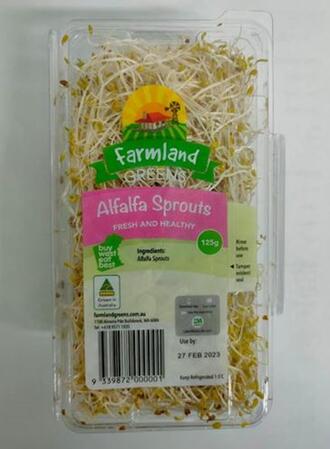
The recall is due to undeclared allergens (Egg, Milk, Hazelnut) | NSW

The recall is due to the presence of foreign matter (Plastic) | WA
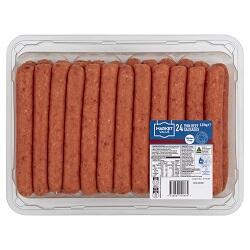
The recall is due to the presence of an undeclared allergen (peanut) | NSW, ACT, VIC
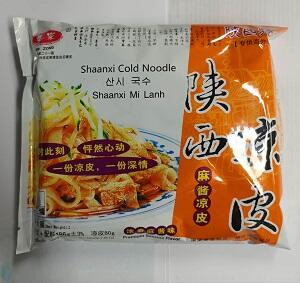
The recall is due to microbial (Listeria monocytogenes) contamination | WA
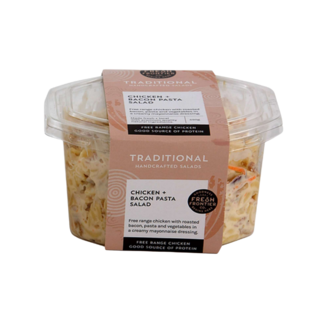
The recall is due to missing storage instructions. Product is not labelled with directions to 'keep refrigerated' | nationwide

The recall is due to under declared alcohol level | QLD, NSW, VIC, TAS
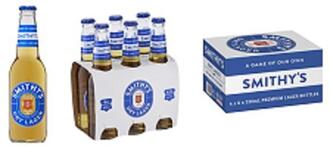
The recall is due to incorrect allergen information (gluten) in nutrition information panel | nationwide
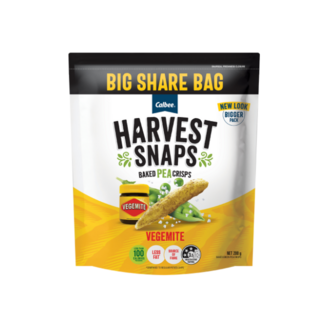
The recall is due to potential microbial (Salmonella) contamination | QLD
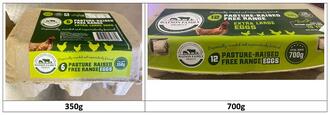
The recall is due to the presence of undeclared allergens (egg, milk, peanut, soy, sesame) | VIC

Product information
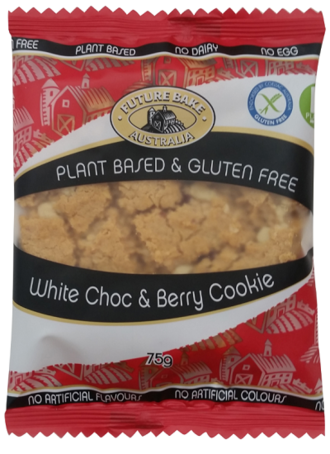
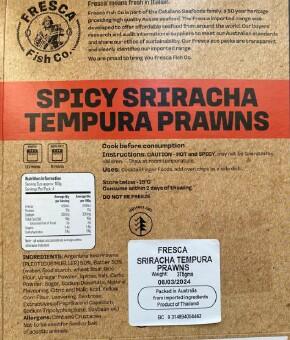


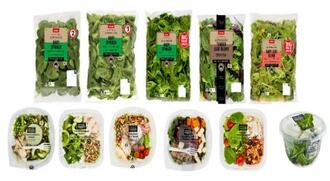
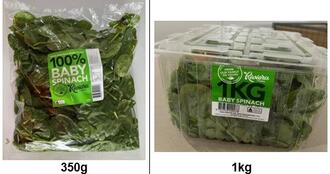
Product information
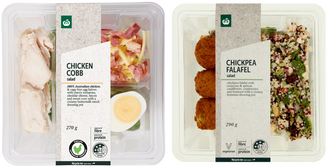
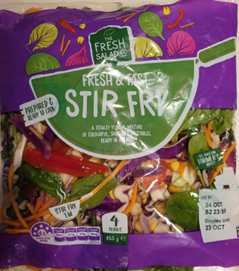
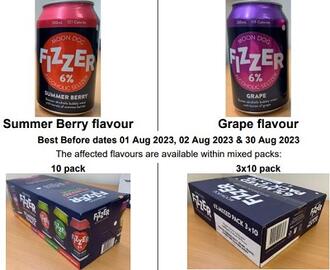
Product information
Eumarrah Pty Ltd is conducting a recall of poppy seeds sold as:
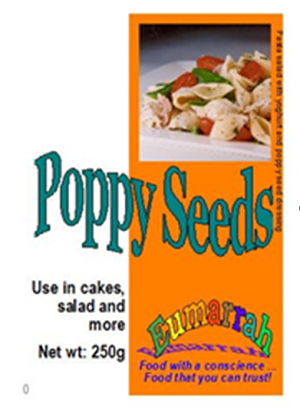
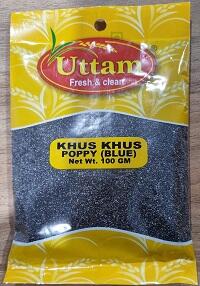
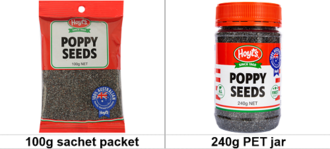
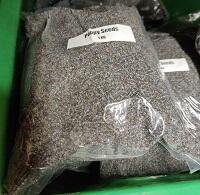
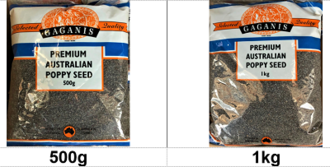
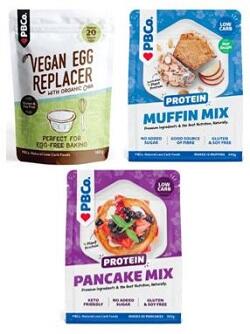
The Smith's Snackfood Company is conducting a recall of Smith's Crinkle Cut Salt & Vinegar Chips 45g, 90g and 170g. The products have been available for sale at Woolworths, Liquorland, First Choice Liquor Market and independent stores…
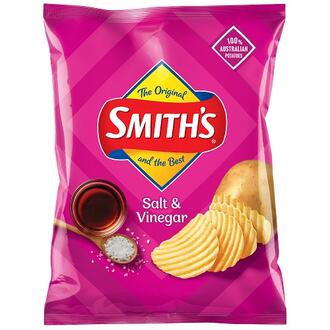
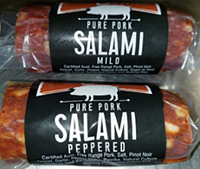
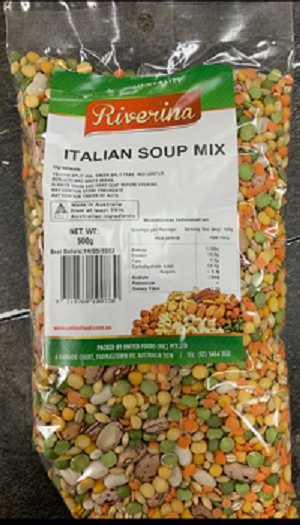
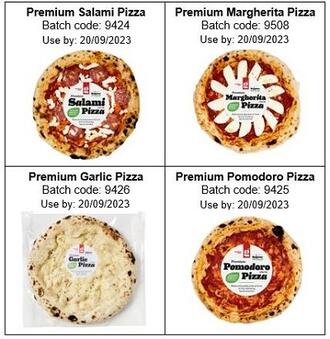

Updated: 5 October 2022
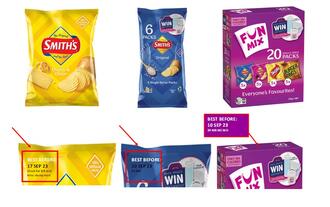
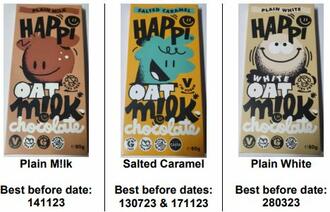
Updated: 2 June 2022

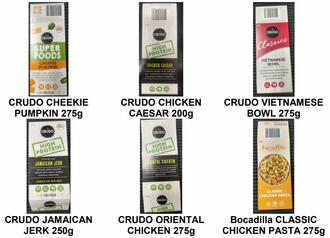


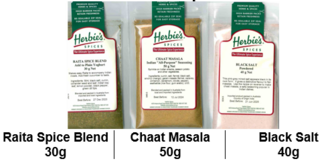
Product information




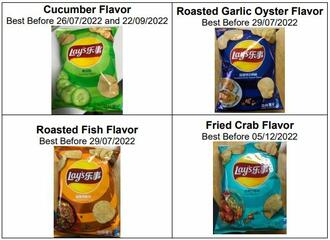
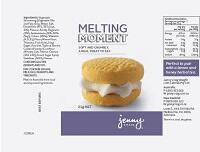
Product information
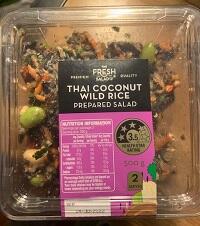


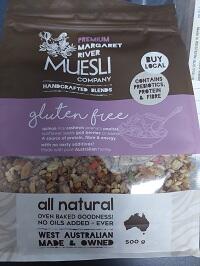




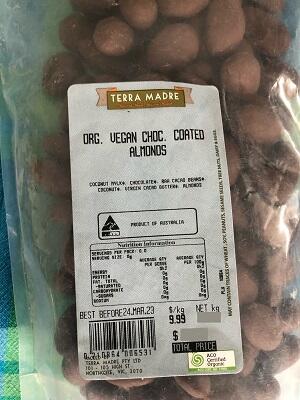
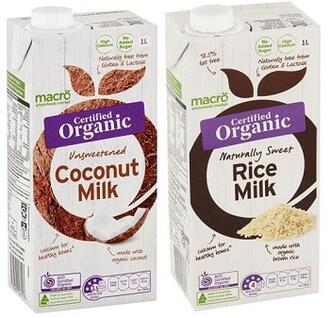
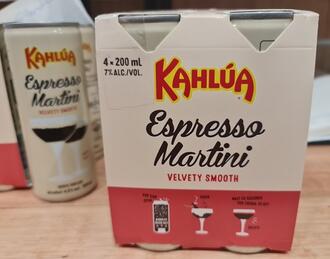


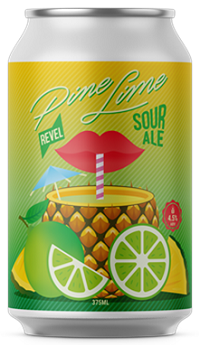
Product information
Southern Sky Cheese Company Pty Ltd is conducting a recall of Southern Sky Cheese Company Tasmanian Halloumi 180g. The product has been available for sale at the Harvest Launceston Community Farmers Market in TAS.
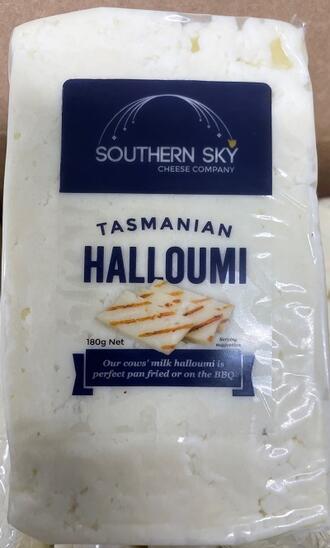
Product information
Westhaven Dairy T/A Tasmania's Westhaven is conducting a recall of the above product. The product has been available for sale at IGAs and independent grocery stores in TAS.
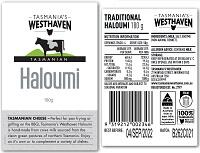
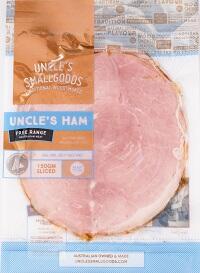
Product information
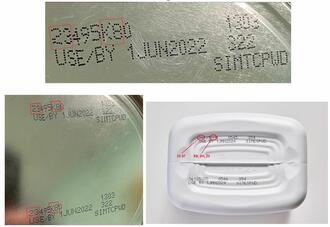

Product information
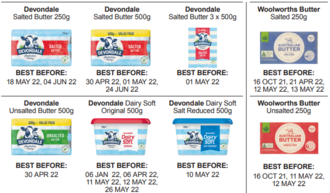
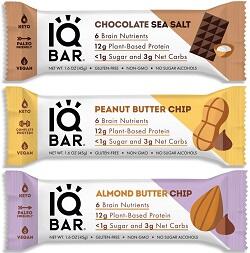
Date published: 13 January 2022 (Updated 13 January 2022 to include an additional undeclared allergen (tree nut [almond])
…
Product information


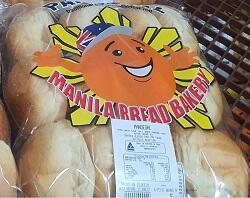


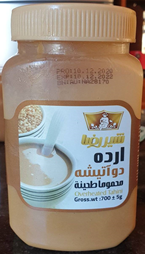
Date published: 26 November 2021 (Updated 26 November 2021 - to include an additional undeclared allergen (milk))…
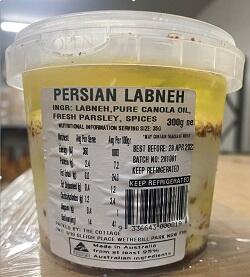

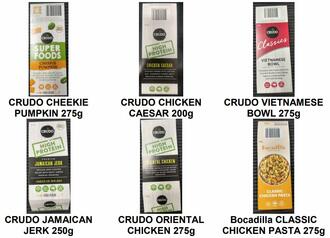
Product information



Date published: 26 October 2021 (Updated 27 October 2021 - the names of the supermarkets in QLD have been amended)…
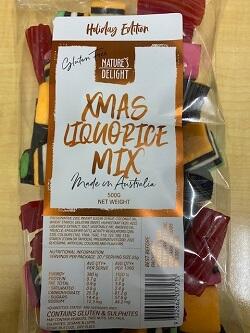
Product information

